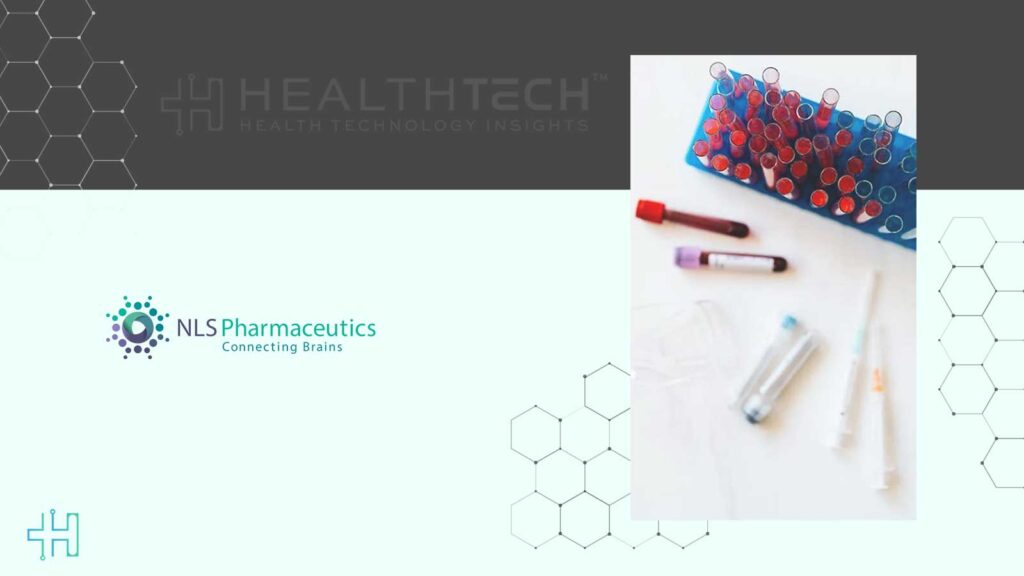NLS Pharmaceutics Ltd, a Swiss clinical-stage biopharmaceutical company dedicated to developing therapies for rare and complex central nervous system disorders, is proud to announce the launch of a preclinical program evaluating Mazindol ER (Extended-Release) as a novel treatment for fentanyl dependence. Fentanyl dependence is a major global health crisis and was recently declared a national public health emergency by the new Trump administration. In 2023, the CDC reported 105,007 drug overdose deaths with 90% involving synthetic opioids like fentanyl.
“The opioid epidemic, and specifically the rise of fentanyl dependence, presents an urgent medical need for innovative, non-opioid treatment approaches,” said Alex Zwyer, Chief Executive Officer of NLS. “We are committed to exploring the unique pharmacological profile of Mazindol, which targets multiple neurotransmitter systems implicated in opioid addiction. This preclinical program represents an important step in developing a potentially transformative therapy.”
Health Technology Insights: Physician Practice to Offer the Hybrid Choice Concierge Program
Highlights of the Preclinical Program
Mazindol, a tetracyclic compound with a distinct pharmacological profile, has shown potential in mitigating opioid dependence by acting on multiple neurotransmitter pathways, including:
- 5-HT1A receptor modulation: Regulates mood, anxiety, and reward pathways, addressing psychological aspects of opioid withdrawal.
- Mu-opioid receptor (“MOP”) interaction: Provides partial modulation of opioid effects, potentially reducing cravings and withdrawal symptoms without reinforcing addiction.
- Orexin-2 receptor (“OX2R”) partial agonist: Aids in restoring sleep-wake cycles and enhancing cognitive stability, which are significantly disrupted during opioid withdrawal.
Health Technology Insights: U.S. Dermatology Partners Ranked the No. 1 Dermatology Group
Scientific Rationale
Fentanyl, a synthetic opioid that is up to 50 times more potent than heroin, has driven a global health crisis due to its high abuse potential and severe withdrawal symptoms. Traditional treatments, such as methadone and buprenorphine, often come with limitations, including risk of dependence and regulatory hurdles.
Mazindol ER offers a potential non-opioid alternative, addressing the underlying neurochemical imbalances associated with fentanyl addiction while supporting recovery through its multimodal action on neurotransmitter systems. The sustained-release formulation provides a long-acting therapeutic effect, improving patient compliance and minimizing withdrawal-related disruptions.
Health Technology Insights: LifeLoop Annual Awards Distinguish Nationwide Senior Living Innovators and Changemakers
Mechanism of Action of Mazindol ER
Mazindol’s unique pharmacodynamic properties position it as a promising candidate for opioid dependence treatment. Its mechanisms include:
- Inhibition of dopamine and norepinephrine transporters, restoring neurochemical balance and reducing cravings.
- 5-HT1A receptor modulation, potentially alleviating anxiety and depressive symptoms associated with withdrawal.
- MOP agonist activity, which may help mitigate opioid withdrawal symptoms while preventing full opioid reinforcement.
- Partial OX2R agonist activity, aiding in circadian rhythm regulation and reducing the impact of opioid-induced sleep disturbances.
Health Technology Insights: The University of Chicago and Deerfield Management launch Hyde Park Discovery
Preclinical Study Objectives and Next Steps
The preclinical study, designated Study KO-943, will focus on:
- Evaluating the safety and efficacy of Mazindol ER in fentanyl dependence models.
- Assessing pharmacokinetics and pharmacodynamics in opioid-exposed subjects.
- Exploring the impact of Mazindol ER on craving reduction, withdrawal mitigation, and cognitive performance.
The study is expected to be completed within 12-18 months. Upon successful results, NLS will potentially seek regulatory pathways to advance to clinical development.
“We believe that Mazindol ER could offer a paradigm shift in opioid addiction treatment,” added Dr. Konofal, M.D./PhD, Chief Scientific Officer of NLSP. “Our stepwise development plan prioritizes early-stage investment to generate critical data that will pave the way for larger-scale studies and potential commercialization opportunities.”
Health Technology Insights: HOPE Therapeutics, and NRx Pharmaceuticals, Agreement $27 Million Funding
To participate in our interviews, please write to our HealthTech Media Room at news@intentamplify.com
Source – prnewswire







